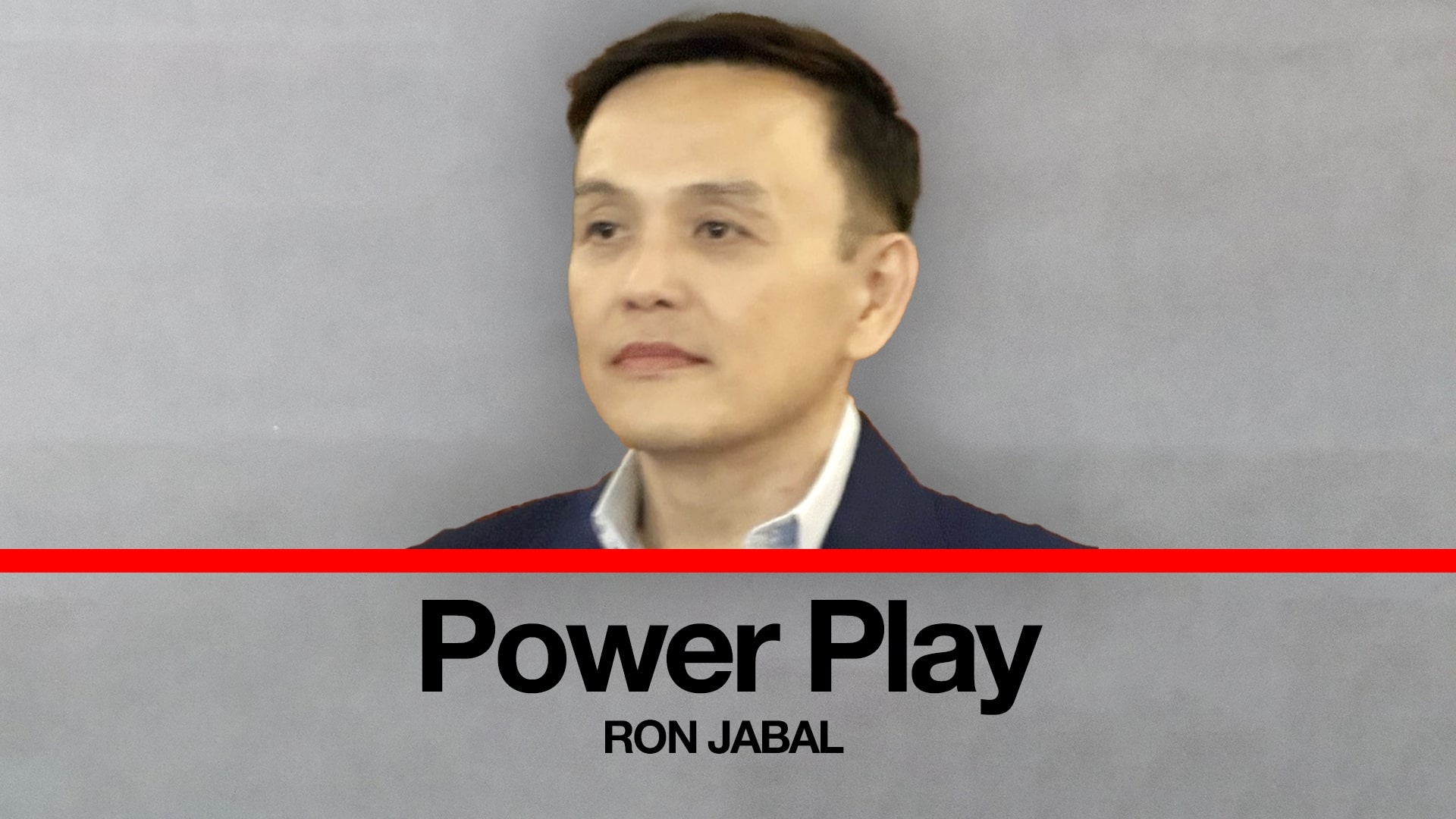The Presidential Communications Office (PCO) recently issued, and then quickly withdrew, new media accreditation guidelines for Malacañang coverage.
Citing the need for “professionalism,” “security,” and “alignment with international standards,” the memo outlined stricter qualifications: only “seasoned journalists” with at least five years of political reporting experience, subjected to rigorous background checks, would be accredited. Digital monitoring and tiered access passes were also introduced.
At first glance, these changes appeared procedural, even technical. But a closer reading, and the very act of issuing such guidelines, reveals a deeper, more worrying impulse: a growing tendency to police access to power, effectively curating who can and cannot perform their watchdog role.




Even though the guidelines were withdrawn, the attempt itself is ominous. It offers a glimpse into how the current administration, through the PCO, conceptually views the press: not as a necessary check on government, but as a body to be screened, filtered, and controlled.
This approach runs directly counter to the spirit, and arguably, the letter, of the 1987 Constitution, which enshrines that “no law shall be passed abridging the freedom of speech, of expression, or of the press.” Accreditation is not inherently censorship. But when accreditation becomes selective, opaque, and restrictive, it effectively limits access to power and thus erodes the press’s ability to serve the public.
The move also revives painful memories of Martial Law, when only government-friendly media were allowed to operate, justified under the guise of “responsible journalism” and “national security.” The language used today, “professionalism,” “decorum,” “alignment with standards”, may be more bureaucratic, but the underlying intent to control narratives is eerily familiar.
Adding to the irony, many senior PCO officials are former journalists, individuals who once fought for transparency, freedom of information, and open access. Their complicity in crafting such restrictive guidelines highlights how easily principles may be compromised once proximity to power sets in.
The withdrawal of the memo may have temporarily diffused outrage, but the damage is done. It has exposed a mindset that sees a free and independent press not as a cornerstone of democracy, but as a potential threat to be managed.
In a true democracy, access to the seat of power must be broad, not narrow; open, not filtered; critical, not compliant.
Accreditation should never become a velvet glove for censorship.
The PCO may have pulled back, but it cannot erase the message it sent: Freedom of the press remains precarious and vigilance remains necessary.







